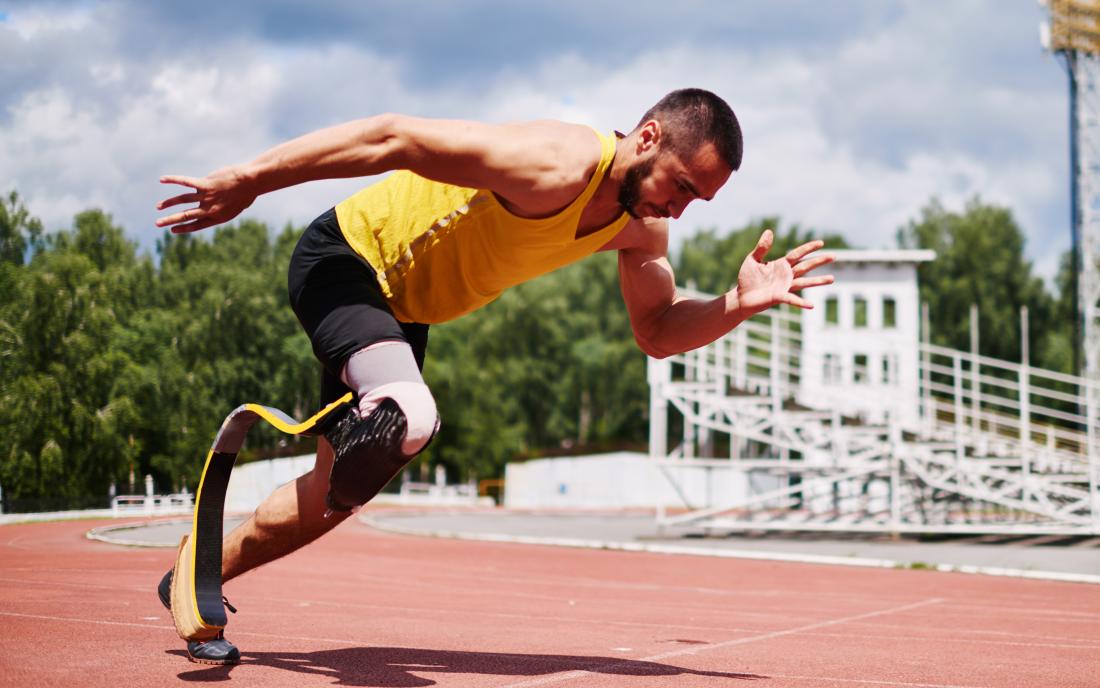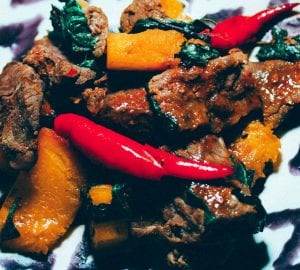No matter what kind of lifestyle you lead, maintaining a healthy and balanced diet is key; especially when it comes to getting the right nutrients for athletes.. Balanced diets give you access to a whole range of nutrients that support your body’s normal function. One of these key nutrients is iron.
Why Is Iron So Important For Athletes?
Iron is an essential mineral that plays many vital roles in the body. It is most commonly known for contributing to the reduction of tiredness and fatigue, which is one of the main reasons as to why many people choose to take iron supplements. But, that’s not all iron can do.
Iron is particularly important for athletes as it is necessary for the transport of oxygen around the body (EFSA, 2009). Your body needs a sufficient amount of oxygen transport in order for your muscles to work properly. This is important as an athlete, as their muscles go through a lot of demanding work when training.
Realistically, iron is important for absolutely anyone. We all need oxygen travelling around the body to survive! But, due to the demanding nature of being an athlete, it is crucial to pay extra attention.
Common Food Sources Of Iron
The great thing about iron is that it can be sourced from many different types of foods. As an athlete, ensuring you are planning to eat foods rich in iron when meal prepping is key. But first, it’s important to know the difference between the two types of iron.
Haem Iron: Haem iron is most easily absorbed by the body. It is most commonly found in animal products, especially meat.
Non-Haem Iron: Although the body doesn’t absorb non-haem iron as easily, it is still important to know about when following a vegetarian diet. This is because non-haem iron is most commonly found in plant sources of food.
To help you out with meal prepping, we’ve listed some popular sources of iron below.
Haem Iron Sources:
- Liver
- Chicken breast
- Mackerel
- Canned tuna
Non-Haem Iron Sources:
- Fortified cereals
- Beans (kidney beans)
- Dried fruit
- Quinoa
As you can see, there are a wide variety of foods that contain iron. This makes it all the more easier to obtain what you need through diet alone. However, if you’re over the age of 50 or pregnant, you may need to seek extra help through supplements. This may also apply to those competing in particularly high impact sports.
Are You Monitoring Your Iron Levels?
Both non-athletes and athletes alike are not required to monitor their iron levels, unless advised otherwise by a specialist. As long as you maintain a healthy and balanced diet, you should have no issues with meeting your daily requirements. However, if you wish to safeguard your intake or feel as though your diet isn’t supporting your nutritional needs, you may benefit from taking a supplement.
Always consult with a nutritionist or health professional if you have any additional concerns about your athletic performance. They will give you specific guidance based on the demands of your lifestyle and nutritional needs.








